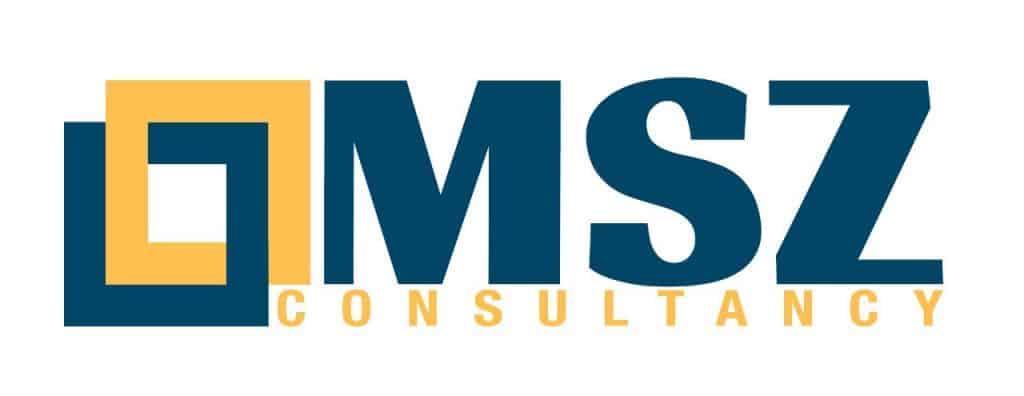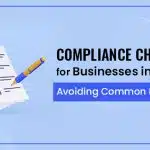Business Liquidation: An Introduction
Despite being home to one of the most hospitable business environments globally, businesses in Dubai can still fail. Sometimes this occurs due to unforeseen circumstances like falling demand for certain products, recessions, or even market saturation. Sometimes it can occur due to a business making poor financial or regulatory choices. But regardless of the reason, company owners need to know the proper methods of closing out a business enterprise.
Before businesses can close shop and shut their doors for good, they are required to settle any outstanding debts, acquire the necessary government certificates, close their bank accounts, and prepare a final audit report. With all these requirements, the liquidation process can become quite complicated for the average business owner. Therefore, any company facing liquidation will want to seek local business liquidation consultants who know the ‘ins and outs’ of the UAE business operations.
Types of Business Liquidation
Business liquidation in Dubai typically falls into one of two categories:
• Voluntary Liquidation
With voluntary liquidation, company shareholders typically decide to close the company due to a lack of funds. However, in some circumstances, when a company fails to secure funding, creditors receive priority when paying up debts.
• Compulsory Liquidation
This form of liquidation generally occurs from a standing court order due to unpaid debts. Businesses that neglect regulations or commit ethical missteps might also face dissolution in this method. During compulsory liquidation, the company’s assets are divvied up and distributed to creditors and contributing parties along the lines of established priority.
The Liquidation Process in Dubai’s Mainland
Liquidation, or ‘winding-up,’ occurs when a company has either fulfilled its initial business goals and decides to close down or when a business can no longer appropriately pay its debts. Regardless of the reasons for dissolution, the process can get highly complicated in short order.
The company liquidation process varies depending on the type of business ownership, the kind of liquidation occurring, and the particular jurisdiction the company falls under, whether it’s mainland-based or located in a free trade zone.

Usually, the process for formal liquidation in Dubai’s mainland requires several steps:
1. The approval of shareholder’s dissolution resolution. This resolution will need to be notarized for Limited Liability Companies. If shareholders are not available in the Emirates, the resolution will need to be notarized at the nearest relevant United Arab Emirates embassy.
2. The approval of shareholder’s dissolution resolution. This resolution will need to be notarized for Limited Liability Companies. If shareholders are not available in the Emirates, the resolution will need to be notarized at the nearest relevant United Arab Emirates embassy.
3. The approval of shareholder’s dissolution resolution. This resolution will need to be notarized for Limited Liability Companies. If shareholders are not available in the Emirates, the resolution will need to be notarized at the nearest relevant United Arab Emirates embassy.
4. The approval of shareholder’s dissolution resolution. This resolution will need to be notarized for Limited Liability Companies. If shareholders are not available in the Emirates, the resolution will need to be notarized at the nearest relevant United Arab Emirates embassy.
5. The approval of shareholder’s dissolution resolution. This resolution will need to be notarized for Limited Liability Companies. If shareholders are not available in the Emirates, the resolution will need to be notarized at the nearest relevant United Arab Emirates embassy.
6. The approval of shareholder’s dissolution resolution. This resolution will need to be notarized for Limited Liability Companies. If shareholders are not available in the Emirates, the resolution will need to be notarized at the nearest relevant United Arab Emirates embassy.
• Canceling work permits and visas for employees and partners
• Submitting and receiving clearance letters from the immigration department, the labor department, utility companies, landlords or leasing entities, road and transport authorities, and federal customs authorities.
• Sending out an account closure letter to the bank
• Submitting VAT de-registration
7. At the end of the notice period, the liquidator can then prepare and submit a liquidation report.
8. This liquidation report and all necessary documents and information will need to be submitted to the relevant authorities.
9. This body will review the submission and issue a license cancellation certificate.
Services in Dubai, UAE?
Required Documents
During liquidation, a company will be required to submit numerous documents to the appropriate governing bodies. These documents are:
• A copy of the company’s trading license
• A copy of the Memorandum of Association
• All Powers of Attorney
• Passport and for all partners, owners, and shareholders
• A copy of Emirates IDs for all partners, owners, and shareholders
• A deregistration application

Once a liquidation certificate has been issued and public notice of liquidation has been filed, the company may be required to endure a 45-day notice period. During this time, the liquidator must complete several steps:
• Submit the cancellation of work permits and visas for all employees and shareholders.
• Receive a clearance letter from the immigration services department, the labor department, utility companies, lease controllers, and Federal Customs Authority.
• Submit and receive a bank account closure letter
• Deregistration of VAT and clearance letter from the Federal Trade Authority.
After the notice period has elapsed, the liquidator for the company will be required to prepare and submit a full liquidation report. Once this has been completed and submitted to the relevant governing body, the authority will make a judgement and issue a license cancellation certificate.
What are the Liquidator’s Responsibilities?
A liquidator, or an official receiver, oversees the entire liquidation process. This person is appointed once a company either voluntarily or involuntarily enters dissolution procedures.
The liquidator uses its authority to settle and sell off company assets to close out any debts. This means taking complete control of business operations, including deadlines, paperwork, outstanding claims against the company, and performing closing interviews with directors and employees.
Beyond just serving as captain on a sinking ship, a liquidator has a host of rules and ethical responsibilities to maintain throughout the dissolution process. In addition to some of those mentioned earlier, other responsibilities include:
- Maintain clear contact and transparency with creditors regarding claims processes and asset redistribution.
- Distributing funds to creditors in a fair manner, including fees and expenses
- Interview and investigate directors regarding why dissolution happened in the first place.
- Dissolution of the company entirely.
Services in Dubai, UAE?
Why is Liquidation Important for Some Companies?
No one wants their company to face liquidation. Unfortunately, some businesses thrive while others fail. Some companies enter liquidation intentionally at the completion of their business plan, while others are forced into bankruptcy due to ethical, regulatory, or financial troubles.
Liquidation is an essential aspect of business because it gives investing bodies and creditors a way to recoup losses. Without a formal liquidation system, companies could take their investors’ money, close up shop, and disappear into the sunset. Therefore, a complex and nuanced system for breaking down a company’s assets is paramount to the health of the ongoing business world.
Additionally, establishing a set system of rules surrounding liquidation reduces the inherent risks found in investing, causing average investors to invest more into potential projects.
How MSZ Consultancy can Help!
MSZ Consultancy has over a decade of experience helping clients navigate the complexities of the UAE business world. With over 32,000 happy customers and counting, our experts have the answers for you!
Needing to liquidate your business? Our business liquidation consultants are some of the best in the Emirates, trained to help you through the liquidation process and make it as straightforward as possible.
But that’s not all!
Whether you hope to start a new business in one of the many free zones, apply for a residential visa, or seek consultation about what your next business move should be, we’re here to help! Give us a call today at +971 52 544 1248 and let our experts help you get back to business!











